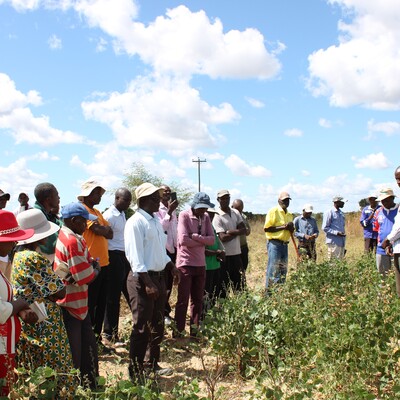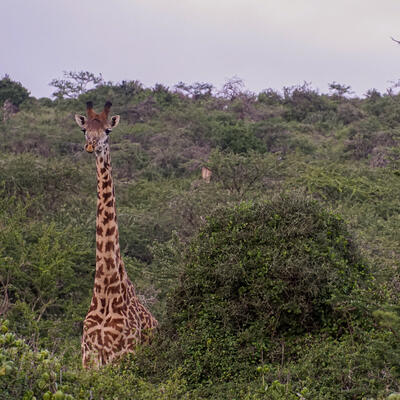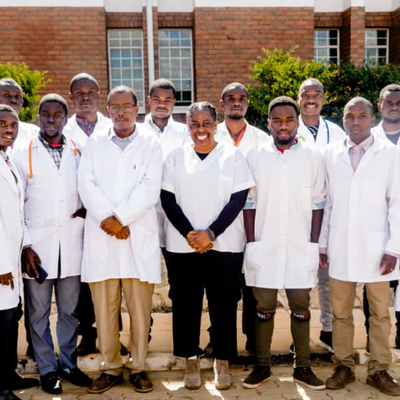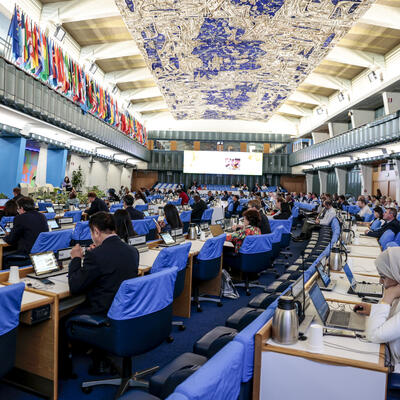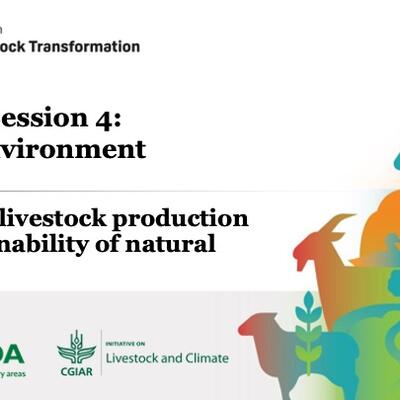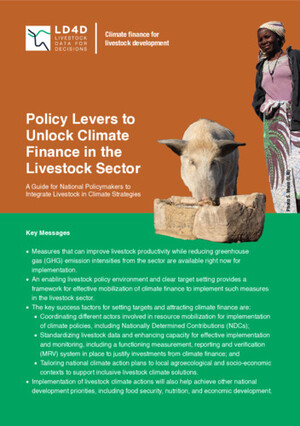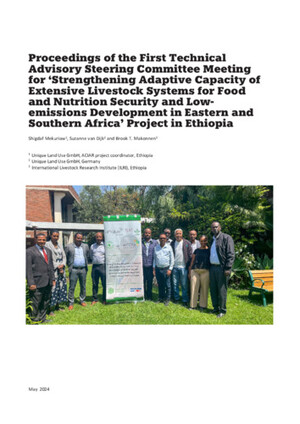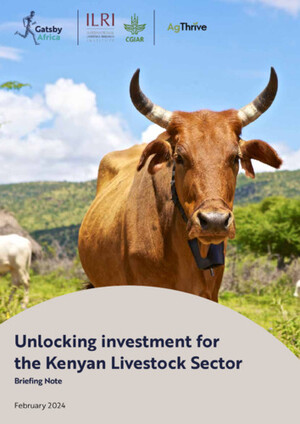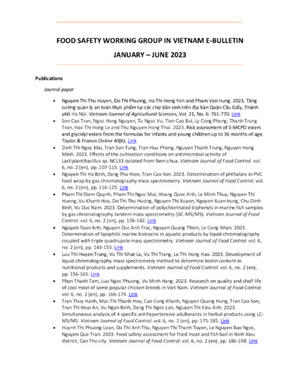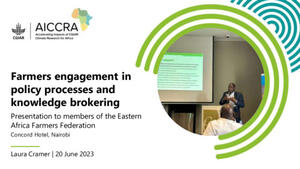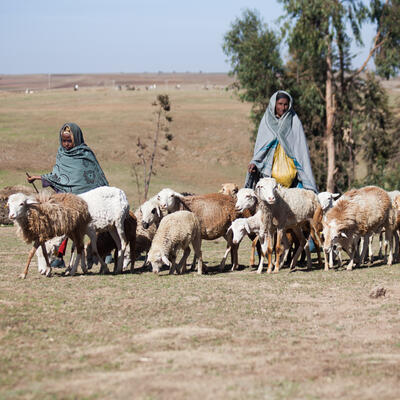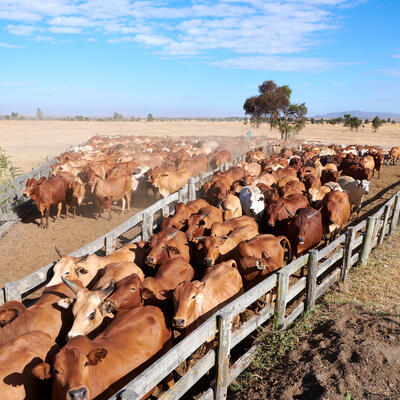
ILRI holds a livestock symposium at the International Tropical Agriculture Conference this week

The International Tropical Agriculture Conference, TropAg2019, is being held next week in Brisbane, Australia. The theme of the conference is ‘Shaping the science of tomorrow’. Five program themes will cover the fields of tropical crop, horticulture and livestock agriculture in addition to nutritious food and the future of agricultural technology and investment. More than 700 delegates are attending this week’s conference, including agricultural researchers, growers, investors, industry, policymakers and agribusinesses.
Lawrence Haddad, executive director of the Global Alliance for Improved Nutrition (GAIN) and one of two World Food Prize Laureates this year, is giving the opening keynote speech at the conference Monday morning, 11 Nov 2019. The title of his keynote is:
Why animal-source foods need to be part
of the global food security and nutrition agenda
Here is an abstract to Haddad’s presentation.
A number of recent reports on diets and food systems have generated a great deal of divisive debate about the role of animal source foods in the human diet. The media have latched on to these debates and have, in some cases, accentuated the divides.
This presentation will emphasize not division, but inequality.
It is the inequality in what people eat that needs to be addressed. Many people eat far too much animal sourced food: too much for their health and too much for the planet’s environmental health.
But many also eat too little animal sourced food—these foods are rich sources of micronutrients that are essential for young infant and child growth and are not available in other affordable foods for these populations who tend to be low income.
So a nuanced approach to animal-sourced foods is needed. Those who eat too much for their good health and who put unnecessary stress on the planet’s environmental resources should eat less and those who are undernourished with very monotonous diets would benefit from eating more.
This presentation explores this contested terrain and aims to improve clarity in the policy space surrounding animal source foods.
***
Following the plenary talks on Monday morning (11 Nov), Lindsay Falvey and Shirley Tarawali, board chair and assistant director general, respectively, of the Africa-based International Livestock Research Institute (ILRI), will chair and facilitate a 2-hour symposium—’Sustainable, healthy diets for all: Tomorrow’s livestock science’.
At this ILRI-organized symposium, six experts will speak. GAIN’s Lawrence Haddad will open the session with a talk on ‘Let them eat meat? A solution or a problem for a sustainable healthy future?’ Robyn Alders, senior scientific advisor at the Centre for Global Health Security, Chatham House, will speak on ‘The quest for policy and public expenditure opportunities to support implementation of sustainable smallholder livestock and aquaculture interventions’. Mario Herrero, chief research scientist for agriculture and food at Australia’s Commonwealth, Scientific and Industrial Research Organisation (CSIRO), will speak on ‘Facts and myths: Livestock and the environment’.
Shirley Tarawali will then lead a discussion on those initial presentations, followed by three short presentations giving examples of livestock successes. Richard Eckard, director of the Primary Industries Climate Change Challenges Centre and faculty member of veterinary and agricultural sciences at the University of Melbourne, will talk about ‘The potential for livestock methane mitigation’; Rebecca Doyle, of the University of Melbourne, will present on ‘Productivity—intensification—animal welfare: Synergies or trade-offs?’; and Anna Okello, research program manager for livestock systems at the Australian Centre for International Agricultural Research (ACIAR), will speak on ‘Informing tomorrow’s livestock science: Opportunities to transform food systems in tropical developing regions’.
***
On the following, Tue, morning, Alfred de Vries, senior program officer for animal production at the Bill & Melinda Gates Foundation, will give another keynote speech. De Vries will outline why investing in livestock research and development is important.
Livestock provide the best accessible sources of quality nutrition. They convert low-value or inedible plants into high value milk, meat and eggs.
There is also enormous potential to improve the productivity of livestock in parts of the world where the additional nutrition is needed most.
In Africa, the average annual total milk yield per cow is 213 kilograms while cows in the US achieve yields of 9,766kg—45 times greater.
The Bill & Melinda Gates Foundation is using new technologies, including genomics, reproduction and digitization of the dairy value chain to improve milk yields.
More innovation is needed to address livestock inefficiencies and improve smallholder farmer incomes.
When it works, the transformation is magical.
Read a press release: Role for livestock to reduce human malnutrition, from University of Queensland’s Queensland Alliance for Agriculture and Food Innovation, 23 Oct 2019.






